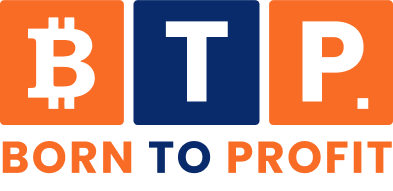The financial sector is undergoing a major transformation with the rise of decentralized finance (DeFi). This new trend is changing the way people access financial services, making them more accessible and inclusive. DeFi is essentially a form of finance that does not rely on traditional intermediaries such as banks or brokerage firms. Instead, it uses blockchain technology and smart contracts to create financial applications that are decentralized and open to anyone with an internet connection.
One of the key advantages of DeFi is its accessibility. Because it is built on blockchain technology, anyone with a smartphone or computer can access DeFi applications and services. This is particularly beneficial for people who are excluded from the traditional financial system, such as those living in developing countries or without access to a bank account.
Another benefit of DeFi is its transparency. Because transactions are recorded on a public blockchain, anyone can see how funds are being used and verify that they are being used correctly. This transparency can help to build trust in the financial system and reduce the risk of fraud or corruption.
DeFi also has the potential to increase financial innovation. Because it is built on open-source technology, developers can easily create new financial products and services without the need for permission from a central authority. This has already led to the creation of new investment opportunities, such as decentralized exchanges and lending platforms.
However, DeFi also comes with risks. Because it is built on blockchain technology, it is vulnerable to hacking and other cyber attacks. This has already led to several high-profile security breaches, with millions of dollars worth of cryptocurrency being stolen.
Despite these risks, the rise of decentralized finance is likely to continue as more people become aware of its benefits. As the financial sector continues to evolve, DeFi has the potential to revolutionize the way people access and use financial services, making them more accessible, transparent, and innovative than ever before.
